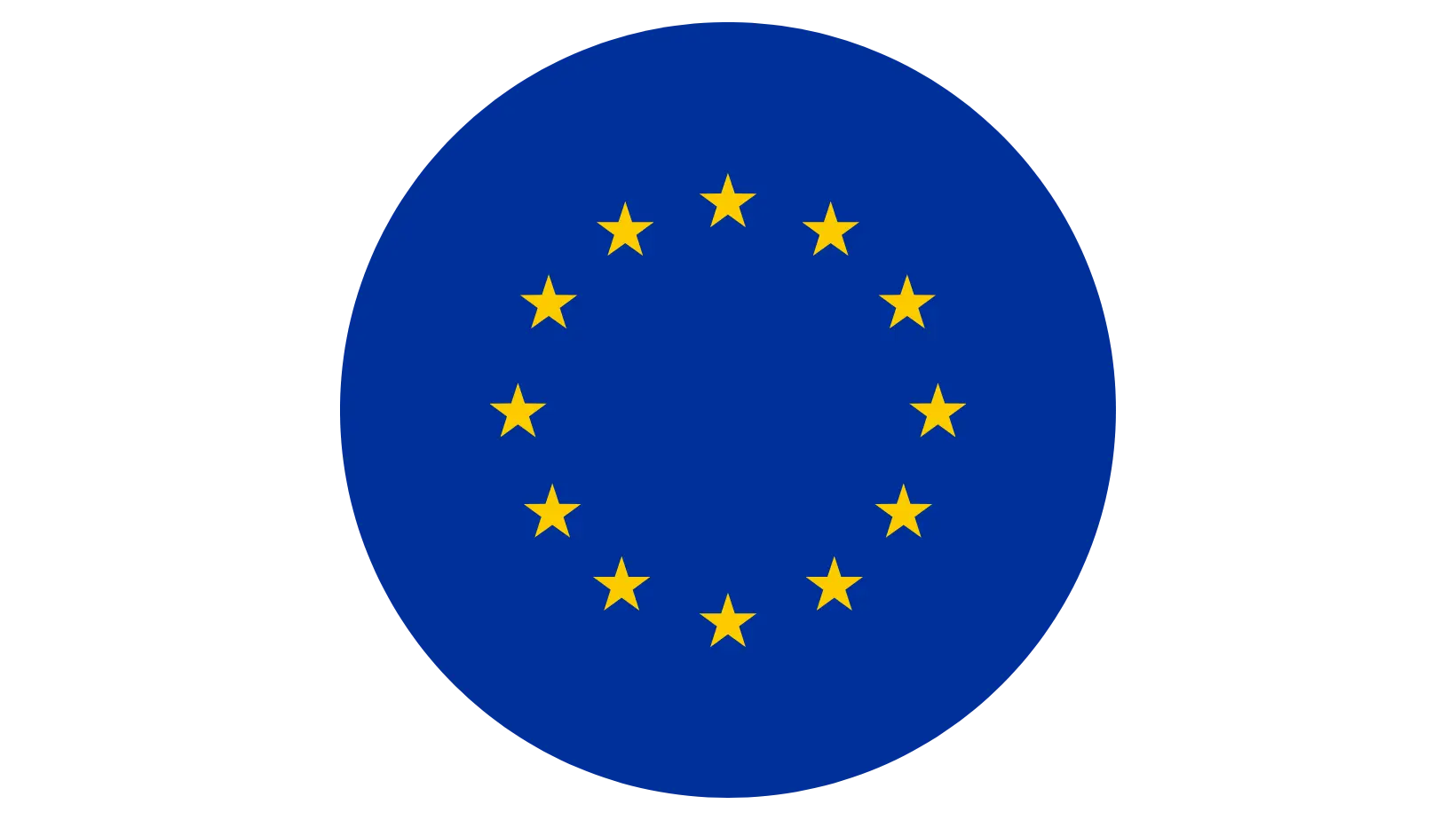Giveaways are a powerful tool. Seemingly small offerings, interactions, and web pages are incredibly useful for gaining followers and promoting your brand. Because of this, hosting a giveaway impacts your brand and sales in many ways including; recognition, increase in sales, word-of-mouth advertising, and future collaborations. But with this, comes the necessity for keeping your promotions legal.
Skip ahead by country: Germany, France, Italy, Spain, Poland, Netherlands
Giveaway Terms
There are some basic things you’ll want to know before you run a giveaway. Understanding the ins and outs of giveaways is essential in order to run one that is successful and legal.

Types of Giveaways:
- Contest A contest is a competition where people compete and the winner is chosen based on their performance.
- Sweepstakes Most social media giveaways are sweepstakes. In these giveaways, contestants enter following the giveaway guidelines and often have the opportunity for extra entries. These winners are chosen at random.
- Reward Level These giveaways are based on contestants performing certain actions to reach a reward level. Those who do are given the reward.
- Raffle With a raffle, entries are given when the contestant pays a fee or purchases something. The winner is then chosen at random when the raffle ends.
Common Terms:
- Sponsor A sponsor is someone who is financially or physically supporting the giveaway. Some giveaways have no sponsor other than the business itself, while others are sponsored by a brand or person looking to gain recognition. They may offer products to be given away or financially support the business offering their own products. If you have a sponsor for your giveaway, you will want to be clear in your giveaway description about who they are.
- Purchase Requirements If your giveaway requires a purchase for entry, you will need to share the purchase requirements upfront. These are the specific purchase rules that your giveaway has and that people will need to complete in order to be considered for winning. Make sure your purchase requirements are clear and obvious to prevent any confusion.
- Prize Descriptions Prize descriptions are the information about the reward. They must be clear and complete, giving participants all of the information they need. This includes details such as whether there is free shipping if travel is included in the prize, how reward money will be issued, etc. The information you provide will depend on the specific prize. Just be clear and ensure that no stone is left unturned when you describe the giveaway prize.

Understanding GDPR Requirements
In the EU, the General Data Protection Regulation governs the way that an individual’s personal data is processed and transferred. With the GDPR, all businesses and organizations, no matter how small, must follow certain requirements to protect the information they collect, including disclosure of what they are collecting and how they will use it.
There are seven principles governing the GDPR requirements and you will need to meet each one in order to comply:
- Lawfulness, fairness, and transparency You must have consent from the person to collect their data. It must be understood why you are collecting it and you must use it the way you have stated. You will be clear and honest, sharing what will happen with this data and how you will protect it.
- Purpose limitation The data you collect will be for “specified, explicit, and legitimate purposes.” You may not use the data in any other way.
- Data minimization You may only collect the information you need for your purposes. This should be the smallest amount of information necessary. For a giveaway, this may simply be collecting their email address or social media handle. No further information may be collected unless it is for your specific, legitimate purpose.
- Accuracy You must ensure that the data you collect and store is accurate. Any inaccurate information should be deleted.
- Storage limitation You must justify the length of time that you store the information you have collected. After that length of time, data should be anonymized.
- Integrity and confidentiality You must keep the collected data secure from external and internal threats and protect it from unauthorized processing, loss, and damage. Security measures should be in place to meet this requirement.
- Accountability You must keep records of compliance that can be accessed at any time by authorities. Keeping these records and understanding that you could face an audit helps keep you accountable.
Other Considerations
Eligibility Requirements
You must open eligibility to legal, natural people who do not have legal personality under the applicable natural law. However, there are a few exceptions and exclusions that you may have in place for eligibility.
These include:
- Those under 18 years of age.
- Those who are restricted by law.
- Those who are employees of the business, the sponsor, or any immediate family members or affiliates.
Prize Contest Rejection
There are certain grounds for rejecting a prize winner that you must follow, including:
- Contestant falls under the exclusion guidelines.
- They have misrepresented themselves and their information.
- They were involved in the preparation of documents for the contest.
Conflict of Interest
You must do all you can to prevent a conflict of interest, including preventing the winner from being someone who is compromised for economic, political, national, or familial reasons. If there is a potential conflict of interest, you must inform the applicable parties and take steps to rectify the situation.
EU Countries and Giveaway Laws - General Considerations:
Germany
Giveaways in Germany are governed by the Criminal Code, the Interstate Treaty on Gambling, and the German Act Against Unfair Competition. The collection of data usage is limited only to the contest.
France
Until recently, contests in France have been more difficult to run and have seemingly not followed EU guidelines and laws. Recent changes include not needing to include reimbursement instructions, and not needing to submit rules to a huissier before contest promotion. However, tighter data laws require filing with the CNIL a necessity.
Italy
Giveaways in Italy must be in partnership with the specific social media platform, although popular platforms such as Facebook, Instagram, and Twitter refuse to be associated with giveaways. Therefore, Italy requires giveaway hosts to include a disclaimer stating that the giveaway is not associated with the social media network.
Italian law also requires that collected data must be hosted on an Italian server, which is not possible on social media. The only exception is that the giveaway prize must be worth less than 1€.
Spain
In Spain, random drawings to determine a winner must be conducted in the country. Sponsors must pay a gambling tax of 10% of the value of the prize. Terms and conditions of the giveaway must be in Spanish and available to participants before entry.
Poland
In Poland, all games of chance, including giveaways, are regulated heavily. Every aspect of the giveaway must take place in Poland. Permits and bank guarantees are required.
Netherlands
The prize value of giveaways in the Netherlands must not exceed €100,000 per year. There is a maximum of one game of chance per organization a year, with a maximum of 20 drawings per game of chance.
TL;DR
When operating giveaways in the EU, be sure to follow:
- General Data Protection Regulation (GDPR) requirements for collecting and securing data.
- Adhere to specific country regulations on aspects like taxes, permits, data storage locations, and more.
Carefully structuring promotions to align with both EU-wide and individual country laws enables smoothly run, successful contests for your European audiences!
Read more Legal Giveaway Best Practices with the next chapter:
10. Best Practices in Australia
Keep your giveaway legal in Australia with this state-by-state regulation guide.



